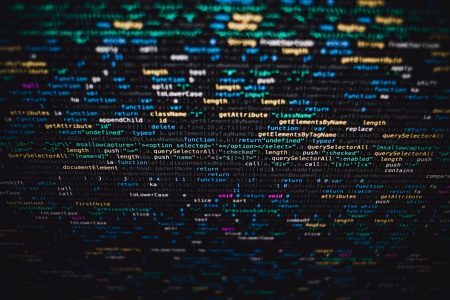East Africa attracts millions of tourists every year. Over the past 10 years, its earnings from tourism have doubled. Compared to the rest of Africa, the region is experiencing healthy economic growth. This makes it a promising investment destination.
Browsing: internet
It’s a busy day at the office and your left eye has been twitching uncontrollably. So, out of curiosity and irritation you Google it.
While many websites offer a way to opt out of targeted advertisements or unwanted emails, we discovered in our recent research that exercising privacy choices isn’t always easy. But that helped us formulate some simple solutions that could make things easier for users around the web.
If you’re a Gmail user, you might have recently noticed a ghost-like presence in your email account. It’s light grey, and it comes and goes, sometimes when you’re not expecting it. And, like most ghost sightings, glimpses of it have been reported to be a little creepy.
Here’s what you need to know about DNS-over-HTTPS (DoH). A new technology promises to make your web browser more private than ever, keeping your internet activity from prying eyes. But some argue your data won’t actually be all that private. And others are worried it could actually help criminals including child abusers to avoid justice.
Data drives our global digital ecosystem, and AI technologies reveal patterns in data. Smartphones, smart homes, and smart cities influence how we live and interact, and AI systems are increasingly involved in recruitment decisions, medical diagnoses, and judicial verdicts. Whether this scenario is utopian or dystopian depends on your perspective.
Facebook leader Mark Zuckerberg recently took the unusual step of visiting lawmakers in Washington, including President Donald Trump in the White House. The reason? Congress’s anti-trust sub-committee has started demanding documents from Facebook and other big tech firms
Google recently agreed to pay a US$170 million fine for illegally gathering children’s personal data on YouTube without parental consent, which…
Instagram recently announced posts promoting diet products and cosmetic procedures will no longer be visible to users under the age of 18. While the initiative is being led by Instagram, the policy will also be in place on Facebook.
MTN’s fibre service provider, Supersonic, has announced new fixed LTE packages. These are reasonably priced, starting at R400 pm for 120GB of data.










